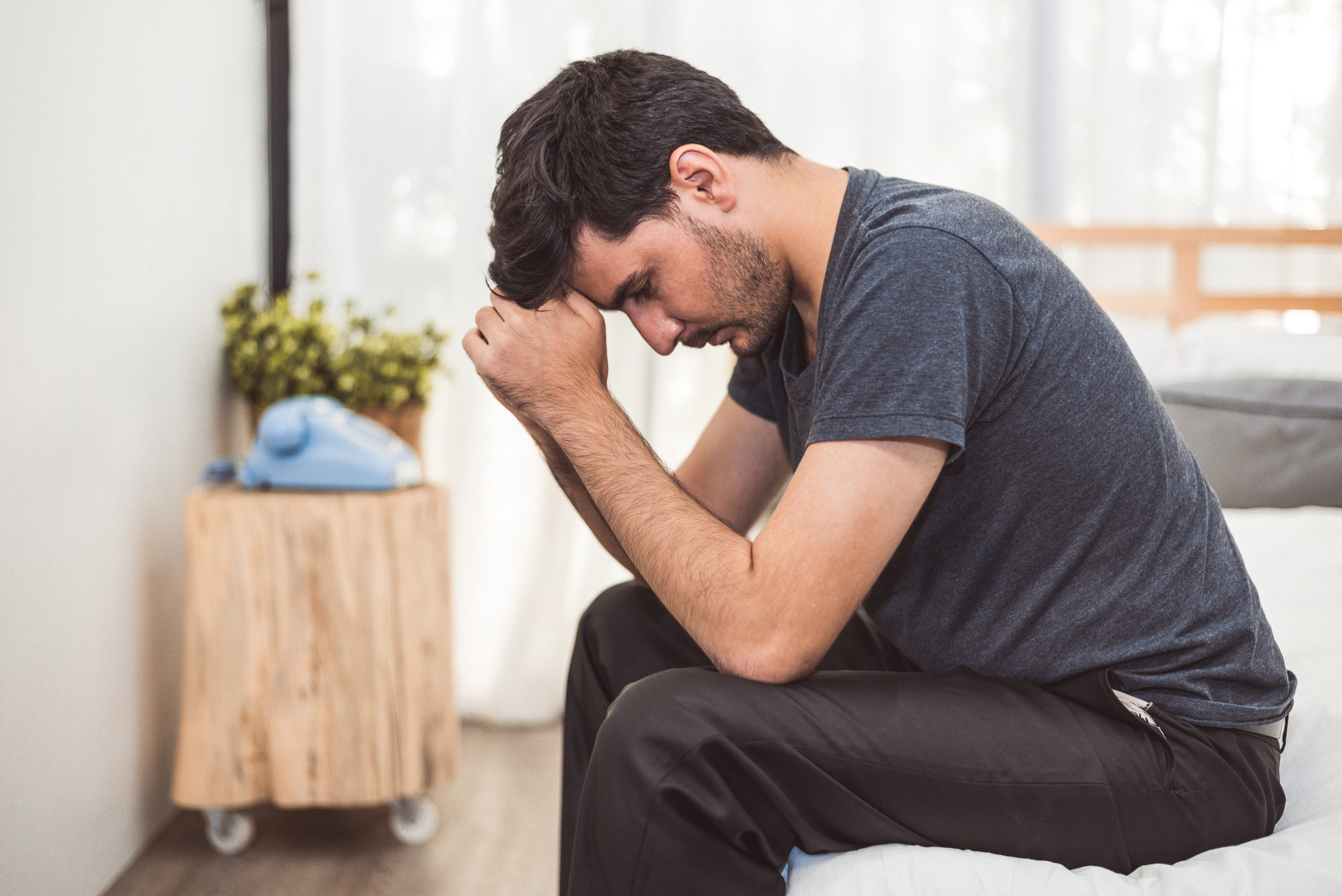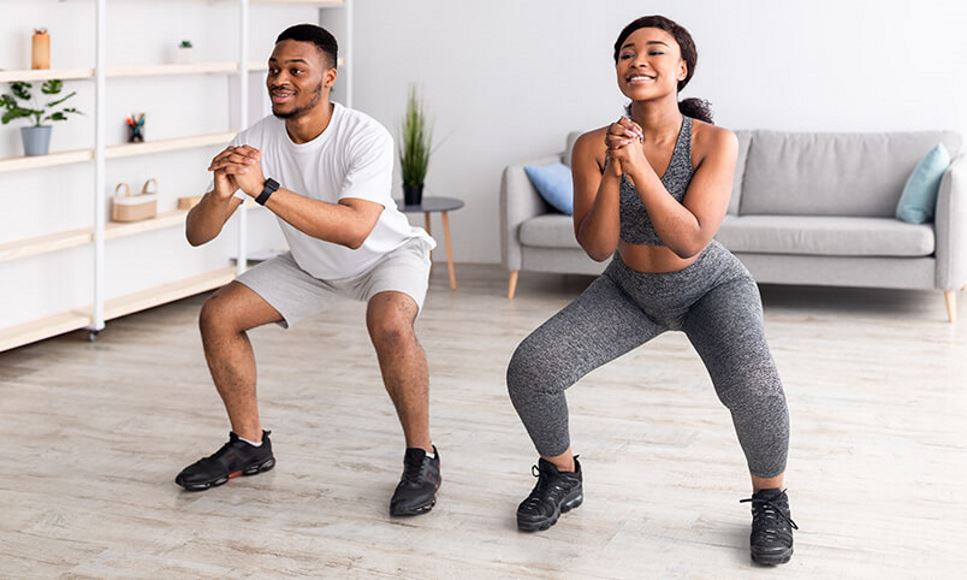
Overcoming Sexual Performance Anxiety
Sexual performance anxiety is a common yet deeply personal challenge faced by many individuals. It can affect anyone, regardless of age, gender, or sexual experience. This type of anxiety often stems from fear of judgment, pressure to perform, or negative past experiences. Fortunately, with understanding, communication, and the right strategies, it is possible to overcome sexual performance anxiety and foster a fulfilling intimate life.
Understanding Sexual Performance Anxiety
Sexual performance anxiety is characterized by persistent worry about one’s ability to perform sexually. It often manifests as feelings of inadequacy, self-doubt, or fear of failure, which can lead to physical symptoms like erectile dysfunction, lack of arousal, or difficulty achieving orgasm. Over time, these anxieties can create a cycle of negative reinforcement, where fear of underperformance leads to further sexual difficulties.
Common Causes
- Fear of Judgment: Concerns about a partner’s opinion of one’s body, skills, or overall performance.
- Unrealistic Expectations: Influences from media, pornography, or societal norms that set unattainable standards.
- Past Experiences: Negative or traumatic sexual encounters that leave a lasting psychological impact.
- Stress and Fatigue: Everyday pressures from work, relationships, or life events can spill over into the bedroom.
- Body Image Issues: Insecurity about physical appearance can lower confidence.
- Medical Conditions: Physical health problems such as hormonal imbalances or cardiovascular issues can contribute.
Steps to Overcome Sexual Performance Anxiety
1. Open Communication
Talking openly with your partner is one of the most effective ways to address sexual performance anxiety. Share your feelings, fears, and concerns in a safe, nonjudgmental environment. A supportive partner can provide reassurance and help ease the pressure to perform.
2. Manage Stress and Relax
Incorporate stress-reduction techniques into your daily routine. Practices such as mindfulness, yoga, or deep breathing exercises can help calm your mind and body. Before intimacy, focus on creating a relaxed atmosphere with dim lighting, soothing music, or other calming elements.
3. Challenge Negative Thoughts
Cognitive-behavioral therapy (CBT) techniques can help reframe unhelpful beliefs about sex. For example, replace thoughts like “I must be perfect” with “Sex is about connection, not perfection.”
4. Focus on Sensuality, Not Performance
Shift your focus from achieving a specific outcome (e.g., orgasm) to enjoying the experience. Engage in activities that emphasize sensuality and intimacy, such as massages or prolonged foreplay, without the pressure of penetration.
5. Educate Yourself
Understanding how your body works and what arouses you can alleviate anxiety. Learn about sexual response cycles, anatomy, and techniques to boost confidence and knowledge.
6. Seek Professional Help
A therapist or counselor specializing in sexual health can provide tailored strategies to address your concerns. In some cases, medical professionals may recommend medications or treatments for underlying physical issues.
7. Practice Self-Care
Maintaining good physical and mental health is essential. Regular exercise, a balanced diet, adequate sleep, and limited alcohol or substance use can improve overall well-being and sexual performance.
8. Use Guided Exercises
Techniques such as sensate focus—a therapy exercise focusing on non-sexual touch—can help reduce performance anxiety. These exercises emphasize physical and emotional connection rather than performance.
Building Confidence Over Time
Overcoming sexual performance anxiety is not an overnight process. Be patient with yourself and celebrate small victories along the way. Confidence builds gradually, and setbacks are a normal part of the journey. Remind yourself that intimacy is about connection, vulnerability, and mutual enjoyment, not about achieving perfection.
Supporting Your Partner
If your partner is experiencing sexual performance anxiety, approach the situation with empathy and understanding. Avoid blame or criticism, and instead, focus on creating a safe, loving space for open communication and exploration.
When to Seek Help
If sexual performance anxiety persists despite your efforts, it may be beneficial to consult a professional. Therapists, counselors, or medical doctors can provide additional support and identify any underlying issues contributing to the anxiety.
Conclusion
Sexual performance anxiety can feel isolating, but it is a common and manageable challenge. By addressing its root causes, practicing self-care, and fostering open communication, you can overcome this anxiety and enjoy a healthy, satisfying intimate life. Remember, the journey to overcoming performance anxiety is deeply personal, and progress may look different for everyone. With time, patience, and the right resources, a fulfilling sexual relationship is entirely within reach.



 DailyMediCure
DailyMediCure 









